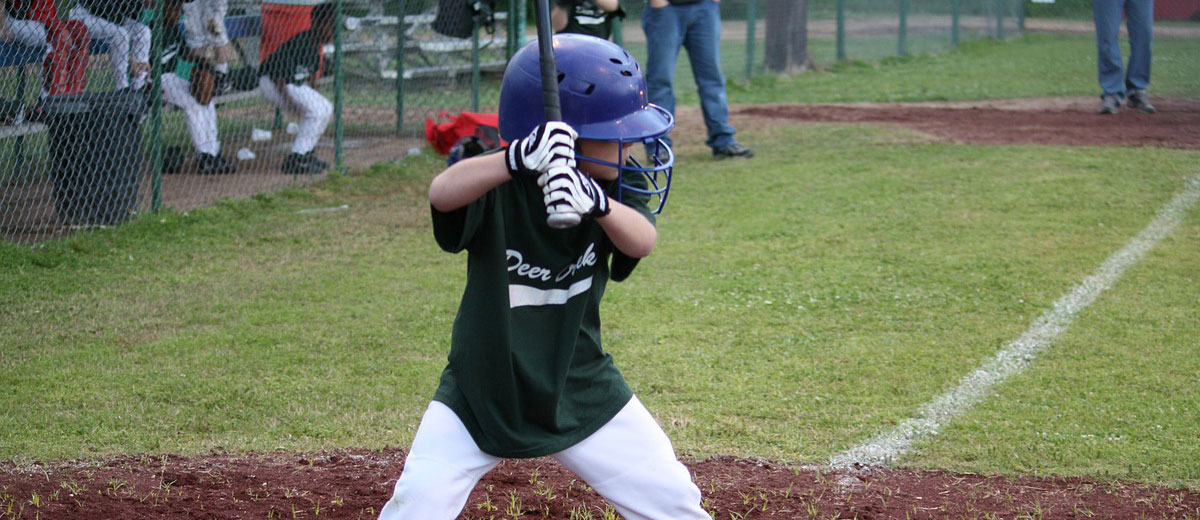Source: SourceforSports.com
Do you have children playing a team sport like baseball or soccer this summer? Help them achieve proper growth and optimal performance by providing them with the right foods and drinks!
A well-balanced diet is essential for a child and adolescent to grow properly, be in good health, and play their best during their next game. Proper nutrition and hydration can delay fatigue, decrease the risk of injury, and improve their mental and physical performance. Therefore, it is important to learn which foods and beverages will give them enough energy to last a full game and when and what to eat and drink to replenish after an activity.
Nutrition for summer sports
Fuel for physical activity and sports comes from three main nutrients: carbohydrates, protein, and fat. It is estimated that 75% of a child athlete’s energy comes from carbohydrates, while fat provides 20% and protein 5%.
Carbohydrates: These are the most important fuel source for athletes as the body uses them first when it is in need of energy. Carbohydrates in the form of glucose provide enough energy to contract muscles and to improve the proper functioning of the brain. In the body, glucose is stored as glycogen in muscles and in the liver. Muscle glycogen is released more quickly than other energy sources. For this reason, a diet rich in carbohydrates in the days and hours before an event can ensure that muscles and the liver stores will be full. Goud sources of carbohydrates include whole grains, fruits, vegetables, and dairy products.
Fat: Although fat usually has a bad reputation, a moderate fat intake is essential to absorb certain vitamins (fat-soluble vitamins such as vitamin A, D, E, K), to provide essential fatty acids (omega-3 and omega-6) as well as provide energy. However, we must make sure to consume healthy fats coming from nuts, seeds, lean meat and poultry, fish, dairy products, olive and vegetable oils. It is fats from processed foods and baked goods which should be limited.
Protein: Protein helps build and repair muscle while providing some energy. For mild exercise and exercise of short duration such as a short run or swim, protein does not act as a primary source of energy. However, for longer duration exercises and sports like soccer, protein helps to maintain blood glucose. Good sources of protein include lean meat and poultry, fish, eggs, dairy products, beans, nuts, and seeds.
Read full article on SourceForSports.com
